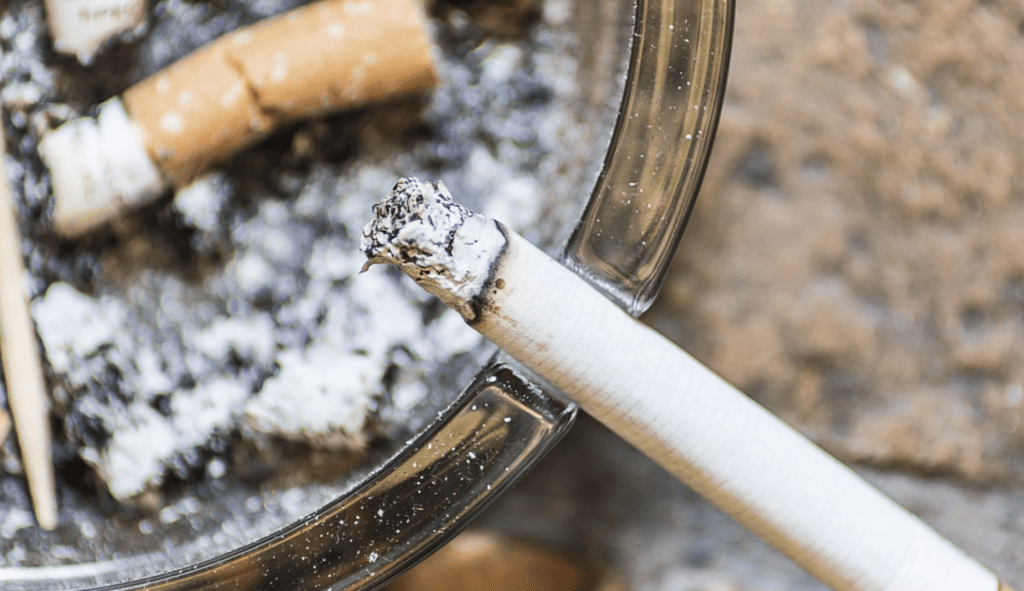New Zealand’s recent governmental shift has stirred controversy as it announces plans to abandon its globally praised smoking ban, originally designed to prohibit cigarette sales to individuals born after 2008, in order to finance tax reductions.
The move, backed by the previous Jacinda Ardern-led administration, aimed to curb smoking, the leading cause of preventable deaths in the country, particularly among the younger population.
Health experts are expressing strong disapproval of this sudden policy reversal.
Professor Richard Edwards, a renowned tobacco control researcher and public health expert at the University of Otago, labeled it a “retrograde step” in world-leading health measures, expressing widespread dismay among health groups in New Zealand.
The legislation, passed last year, garnered international acclaim for its comprehensive reforms, including limiting tobacco retailers and reducing nicotine levels in cigarettes.
Research models suggested that the Smokefree laws could potentially save up to 5,000 lives annually.
New Zealand’s progressive measures had even inspired the UK government to announce a similar ban for young people.

Despite its positive public health impact, the Smokefree laws faced opposition from certain business groups in New Zealand, such as newsagents and corner shops, citing revenue loss even with government subsidies.
Some lawmakers, including new Prime Minister Chris Luxon, argued that a ban might give rise to a black market for tobacco.
The surprise announcement by Finance Minister Nicola Willis, just days after the October 14 election, shocked health experts who believed the policy was secure.
Willis attributed the decision to National’s coalition partners, the populist New Zealand First and libertarian Act, who insisted on reversing the laws.
While the center-right National Party, with 38% of the vote, had not highlighted the Smokefree laws during the election campaign, the new government’s finance minister indicated that the laws’ impact on government finances played a significant role in the decision.
The repeal still requires parliamentary approval, where the government holds a majority.
Critics, including Emeritus Professor Robert Beaglehole and the national Māori health organization Hāpai Te Hauora, have decried the move as detrimental to the health and well-being of all New Zealanders, particularly the Māori population, which bears the highest smoking rates and associated health issues.
Despite this setback, New Zealand maintains its commitment to reducing the national smoking rate to 5% by 2025, with the ultimate goal of complete elimination.
Public health modeling from 2022 had indicated potential savings of NZ$1.3 billion over the next two decades. However, the unexpected policy reversal raises concerns about achieving these targets.
